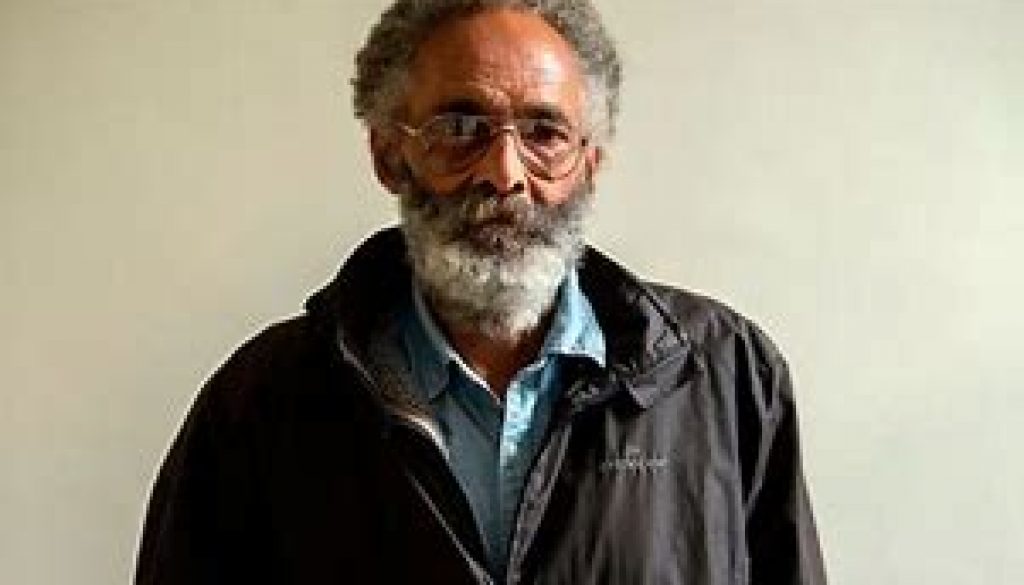On This Day – 1981
The United Against Injustice Facebook page today carries the story of our friend John Kamara who, on 16 December 1981, was wrongfully convicted of murder.
John Kamara is a man of remarkable strength, courage and humility. That he was eventually exonerated after 19 years of wrongful imprisonment is due, in very large part, to his own efforts. He wrote more than 300,000 letters, from prison, to MPs, campaigners, and even the Pope. His case was referred to the Court of Appeal by the CCRC, who discovered 200 witness statements that the police had failed to disclose.
We reproduce the United Against Injustice article below:
We are often aghast at the terrible miscarriages of justice, we see in American Netflix series or documentaries, but the details of this case are as equally shocking as anything that may occur in the USA.
John Kamara is a man of immense courage, a testament to the strength, persistence and determination that proved his innocence.
John Kamara spent 19 years of wrongful imprisonment for murder because the police deliberately failed to disclose over 200 witness statements which proved his innocence. John, from Toxteth, Liverpool, was convicted in 1981 with Raymond Gilbert of the murder of John Suffield, who was stabbed during a bungled robbery. Gilbert falsely and maliciously told the police that John had been involved in the murder. During the trial Gilbert changed his plea to guilty. Even though John Kamara continued to profess his innocence he was found guilty.
But evidence emerged that another man confessed to police in 1987. Doubts were also cast on the fairness of Mr Kamara’s identity parade.
Convicted as a 24-year-old, his prison file shows he wrote more than 300,000 letters to MPs, campaigners and even the pope, fighting for his freedom with only the characters from Radio 4 dramas and the Archers on the radio in his cell for company. Two investigations into the case found nothing that might overturn the conviction, yet the evidence of 200 undisclosed statements was there all the time. One investigation was a direct complaint against the senior investigating officer in the case, Detective Chief Inspector Francis Youell, of threatening witnesses. The man put in charge of that investigation was Detective Chief Inspector Francis Youell.
It was the discovery by the CCRC of over 200 previously withheld witness statements that set Kamara’s release on course. Scheduled to last a week, the judges took only three days to quash the conviction. John was handed £46 and a travel pass that ran out at 8pm, he re-joined the world with only the clothes on his back and denied the support automatically given to people re-joining society. In those first months, he faced the prospect of life on the streets. With no national insurance number, he could not access benefits and so had neither a home nor money.
The original article can be found HERE.

![16[2]](https://mojoscotland.org/wp-content/uploads/2024/06/162-1024x768-394x330.jpg)

